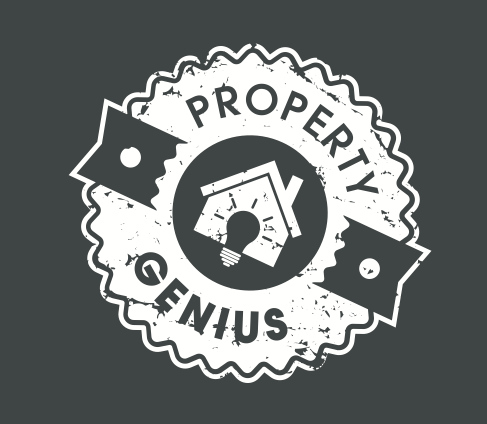Landlord Registration and Ombudsman Membership
Overview
Under the Renters’ Rights Act, all landlords in England will soon be required to register their properties and join a new redress scheme known as the Landlord Ombudsman.
These measures are designed to improve transparency, raise professional standards, and provide tenants with fair, impartial access to dispute resolution, without the need for lengthy court proceedings.
What’s Changing
Compulsory landlord registration:
Every landlord must register their details and properties with the Private Rented Sector (PRS) Database once it launches.
Mandatory membership of the Landlord Ombudsman:
All landlords, whether self-managing or using an agent, must join the Landlord Ombudsman. This will be a national scheme designed to handle tenant complaints quickly and fairly.
Applies to all landlords:
Membership is required even if a landlord’s property is fully managed by a letting agent. Being a member of an agent’s redress scheme is not enough.
Public access and transparency:
Parts of the PRS Database will be publicly viewable, allowing tenants and local authorities to verify whether a landlord and their property are properly registered.
Enforcement:
Local authorities will have powers to investigate and fine landlords who fail to register or join the Ombudsman, with penalties up to £7,000 for initial breaches, rising for repeat offences.
Why It Matters
The new registration and redress requirements are about accountability and professionalism.
For landlords, this means demonstrating compliance and showing tenants that they operate transparently and responsibly. For tenants, it creates an easy route to raise issues, without needing to go to court.
Landlords who embrace these new standards will not only avoid penalties but also enhance their reputation and improve tenant trust.
How the Landlord Ombudsman Works
The Landlord Ombudsman will operate similarly to existing redress schemes for agents:
Independent and impartial: Tenants can bring complaints about landlords’ actions or inaction.
Free for tenants: There is no charge for tenants to use the service.
Binding decisions: The Ombudsman can order landlords to pay compensation, issue apologies, or take remedial action.
Serious breaches: Repeat offenders can be removed from the scheme and barred from letting until compliant.
Landlords will pay a membership fee (expected to be annual and per property) to fund the scheme.
The Private Rented Sector Database
The PRS Database will hold key information about landlords and their properties, including:
Landlord name and contact details.
Property address and ownership information.
Record of compliance with housing standards or enforcement action.
Any unspent penalties or rent repayment orders.
This will replace the current “Rogue Landlord Database” and be linked to a future Property Portal, bringing all rental compliance requirements together in one place.
Practical Steps for Landlords
Check your readiness:
Gather details of all properties you let or manage.
Ensure your contact and ownership information are accurate.
Join the Landlord Ombudsman:
Sign up as soon as the scheme opens.
Keep records of your membership reference and renewal dates.
Register with the PRS Database:
Submit property details and pay any applicable registration fees.
Check that your property appears correctly on the public register.
Work with compliant agents:
Letting agents must verify that their landlords are registered before marketing properties.
Stay up to date:
Keep your registration and Ombudsman membership current.
Update your details if you buy, sell, or transfer property.
Compliance Checklist
Requirement | Action Needed |
|---|---|
Join the Landlord Ombudsman | Register and maintain membership |
Register properties on PRS Database | Add all owned/let properties |
Verify public record | Ensure listing is accurate |
Keep membership current | Renew annually |
Work only with compliant agents | Confirm agents verify registration |
FAQs
1. Do landlords managed by letting agents still need to register?
Yes. Every landlord must join the Ombudsman and register their properties, even if an agent manages them.
2. Will registration be public?
Yes, parts of the PRS Database will be visible to tenants and local authorities for verification.
3. What happens if a landlord doesn’t register?
They may face financial penalties and may not be legally allowed to let or advertise their property.
4. Are there fees to join the Ombudsman or register?
Yes, both the Ombudsman and the Database will require small fees, expected to be annual and per property.
5. Who checks compliance?
Local authorities are responsible for enforcement, but agents must also verify landlord registration before marketing properties.
In Summary
The new requirements for registration and Ombudsman membership aim to build greater trust in the rental sector by ensuring landlords are known, accountable, and part of a fair dispute resolution process.
Staying compliant is straightforward, register, join, and keep records up to date. Doing so will demonstrate professionalism and protect both landlords and tenants in an increasingly transparent rental market.
